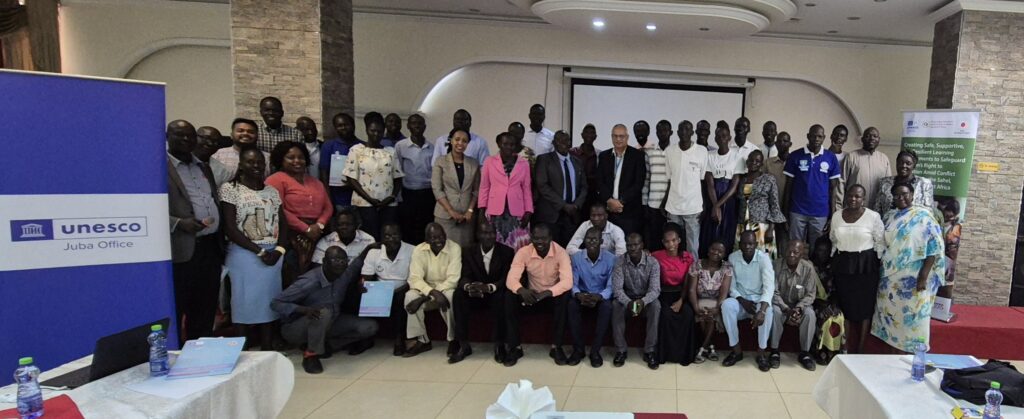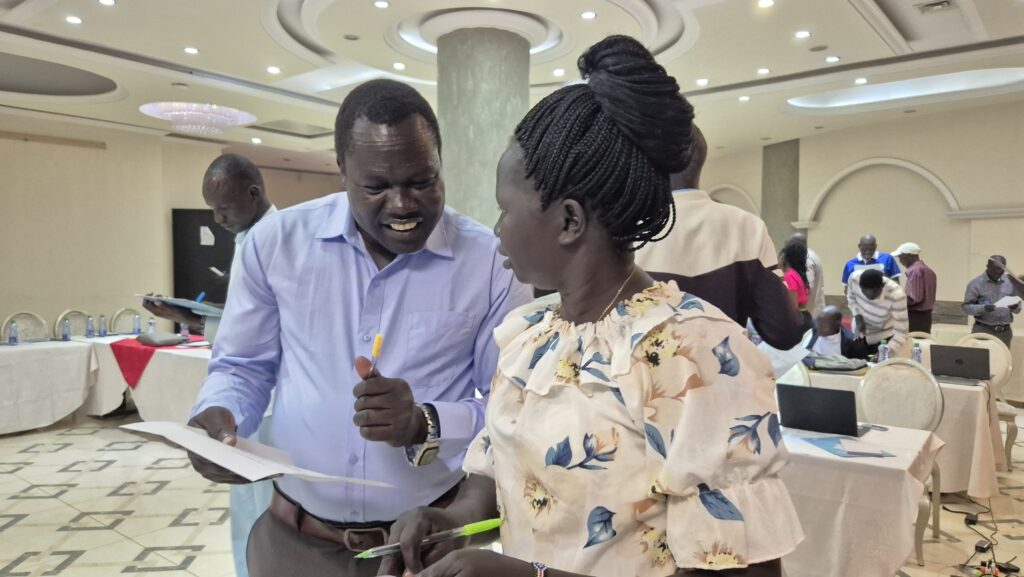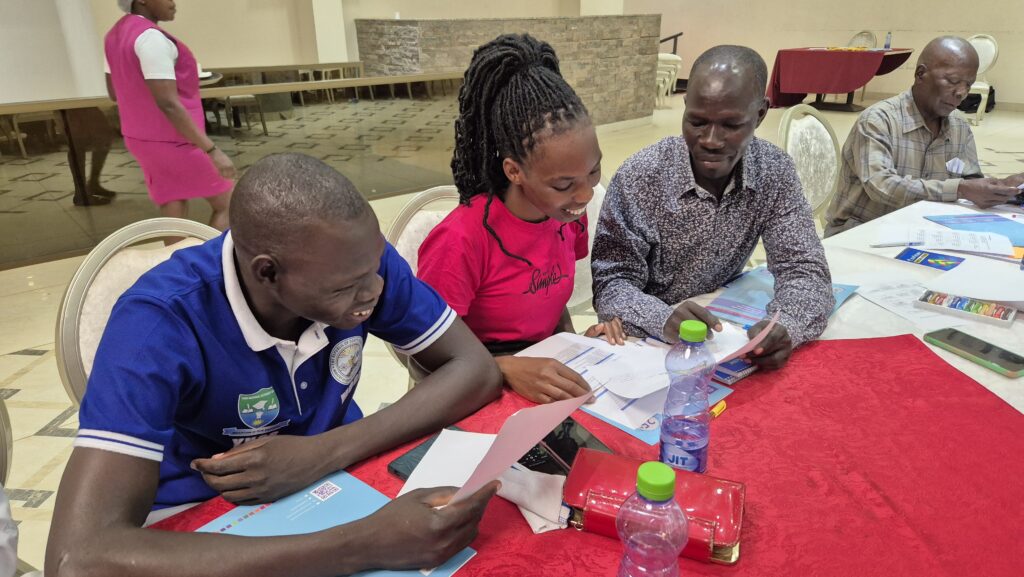
A five-day Teacher Training Workshop on Transformative Pedagogy for Fostering Holistic Well-being and Safe Learning Environments for Empowered Learners took place from 29 September to 04 October 2024 in Juba, South Sudan. The workshop brought together 47 educators from 10 schools across 5 states, along with teacher trainers, and government officials.
Organized by the Ministry of General Education and Instruction, UNESCO South Sudan, and UNESCO International Institute for Capacity Building in Africa (IICBA), the workshop aimed to strengthen the capacity of educators to create safe, inclusive, and resilient learning environments.
Mr. Tap Raj Pant, Chief of Education at UNESCO’s Juba Office, officially welcomed the participants, setting the tone for the event. This was followed by opening remarks from Mr. David Lowela, Director General for Basic and Secondary Education and Acting Undersecretary of the Ministry of General Education and Instruction. In his address, Mr. Lowela emphasized the collective responsibility of ensuring safe learning environments, stating, “We need to make the learning space safe. Making the learning place safe is the responsibility of all of us, the Ministry of Education, our partners and even the students.”
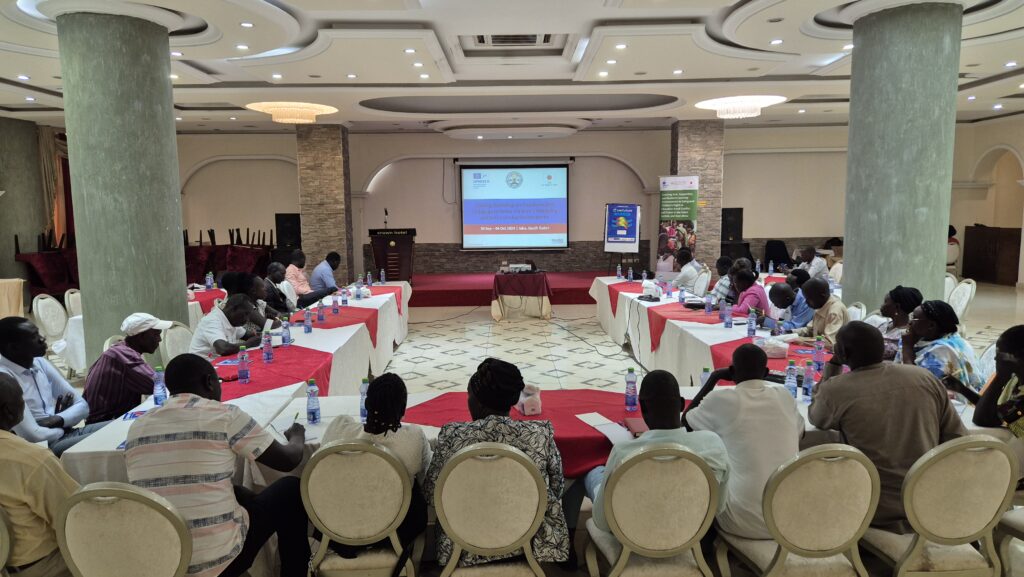
Facilitated by Mr. Suchith Abeyewickreme, Senior Technical Lead for Ethics Education at Arigatou International Geneva, Ms. Erica Derjacques-Inacio, Consultant with Arigatou International Geneva, and Ms. Eyerusalem Azmeraw, Project Coordinator at UNESCO IICBA, the workshop focused on transformative learning approaches to address the challenges faced by South Sudan’s education sector.
Participants explored strategies to foster the holistic well-being of learners by promoting dignity, rights, and agency, alongside building a supportive and inclusive educational environment. The workshop emphasized:
- The importance of safe learning spaces that embrace diversity.
- Parental and community engagement in supporting education.
- A systemic approach to creating resilient learning environments amid conflict and crises.
Discussions focused on key themes such as conflict resolution, peacebuilding, gender equity, and social transformation—critical components for addressing South Sudan’s unique socio-political challenges. South Sudan’s current development landscape is shaped by its complex history, including years of conflict, high inflation, and vulnerabilities to climate-related shocks. The nation’s political system is undergoing a fragile transition, compounded by risks such as drought, flooding, and continued conflict. Additional challenges include early marriage, widespread poverty, limited access to sanitation, severe food insecurity, and the pressing need for humanitarian aid. South Sudan is facing a dire humanitarian crisis; in 2022 alone, an estimated 8.9 million people—out of a population of 12.4 million—required humanitarian assistance.
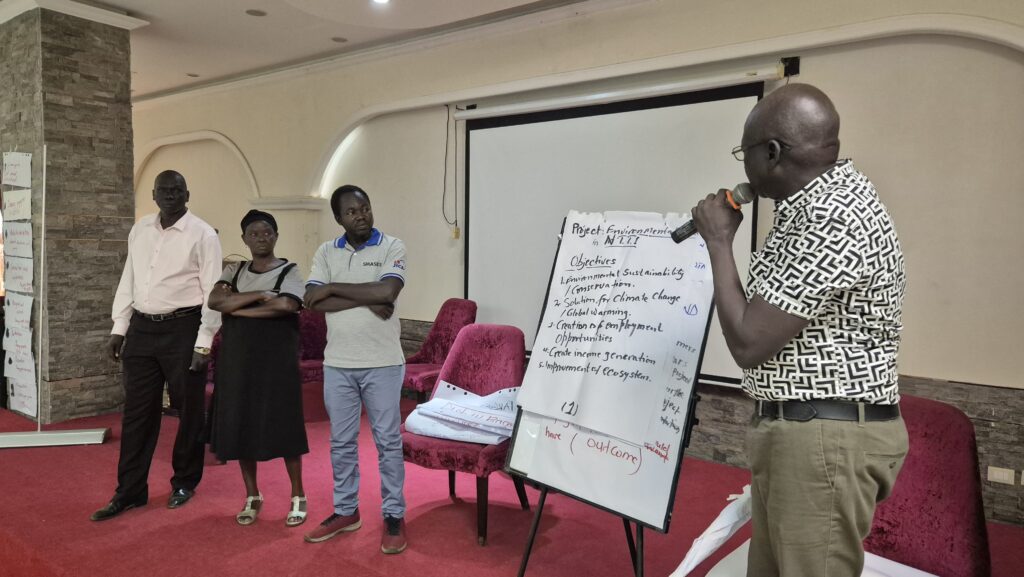
The well-being of teachers was highlighted as a critical foundation for empowering them to become agents of change in their communities. One teacher noted, “You need to have peace in your mind. If you don’t have peace in your mind, you can’t help others achieve peace in theirs.” Reflecting on the impact of the training, another participant shared, “I used to focus solely on providing knowledge, but after this training, I learned how to nurture students’ well-being and address dimensions I had never considered before.” This underscores the transformative effect of prioritizing holistic development in education.
This initiative forms part of the project: “Creating Safe, Supportive, and Resilient Learning Environments to Safeguard Children’s Right to Education Amid Conflict and Crises in the Sahel, Central, and East Africa,” sponsored by the Government of Japan. The project focuses on strengthening the capacity of educators to ensure children’s right to education is upheld in regions affected by conflict and instability.
We thank UNESCO IICBA for entrusting us with this significant undertaking. The commitment of South Sudanese teachers to creating transformative learning spaces is inspiring. You are the foundation of a brighter future for our children.
